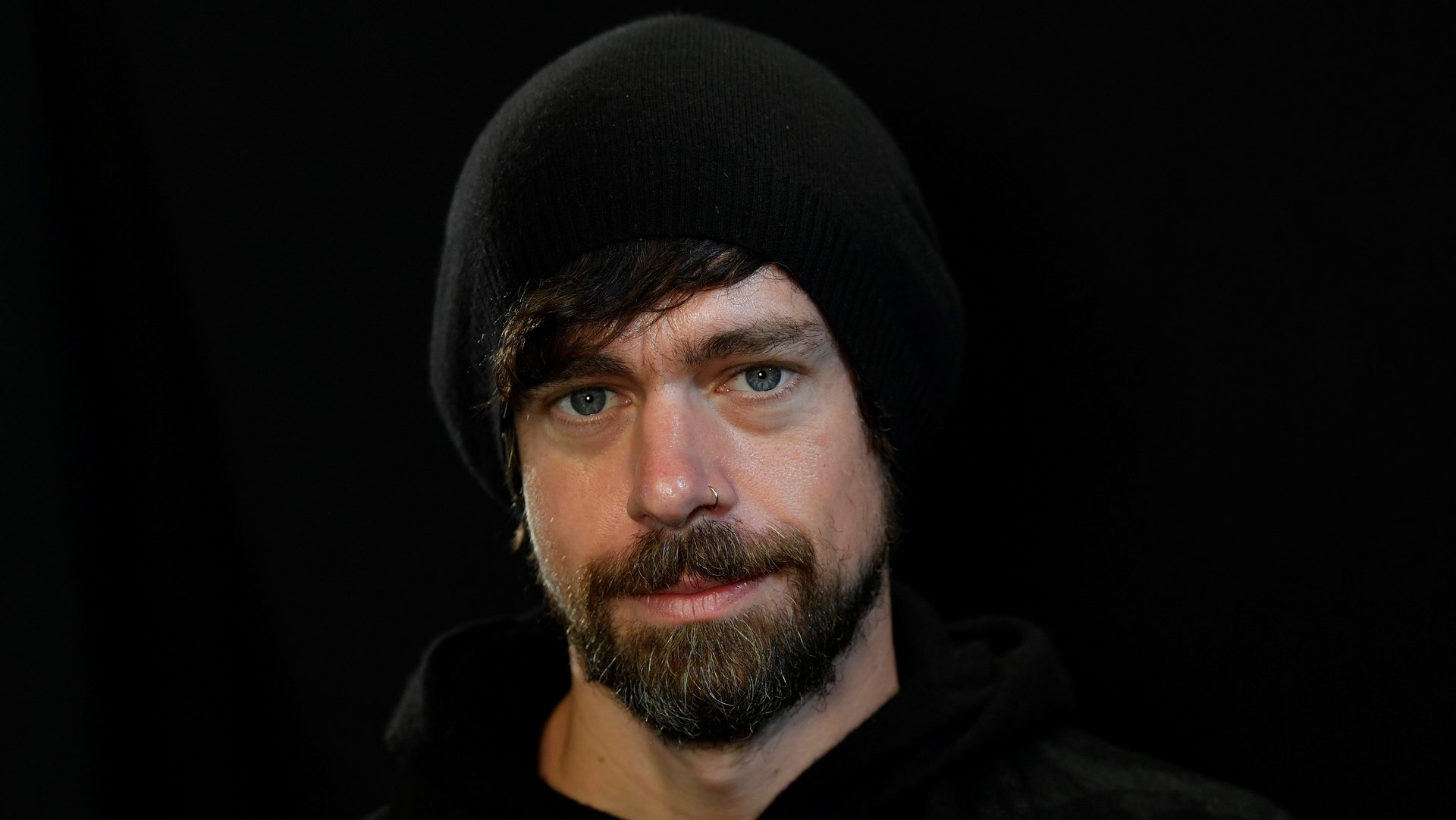Jack Dorsey chose Square over Twitter
Jack Dorsey, the co-founder of Twitter, is stepping down as CEO of the social media company after six years. Parag Agrawal, the company’s former CTO, took over the role on Nov. 29.


Jack Dorsey, the co-founder of Twitter, is stepping down as CEO of the social media company after six years. Parag Agrawal, the company’s former CTO, took over the role on Nov. 29.
In his resignation letter, posted on Twitter, Dorsey said he wants the company to break away from the vision and control of its co-founders, calling founder-led companies “severely limiting.” Dorsey was the first CEO of Twitter from 2006 to 2008 and returned in 2015 after a period away from the day-to-day management of the company. Since he returned, Dorsey has had to answer to questions about his commitment to Twitter, since he also serves as the CEO of Square, a financial services company he founded in 2009.
Last year, Dorsey faced a serious challenge from activist investor Jesse Cohn of Elliott Management, which acquired a chunk of the company and attempted to force Dorsey out. (After a drawn-out battle, Cohn was ultimately unsuccessful and stepped down from Twitter’s board in April 2021.)
But Dorsey is leaving Twitter on a high note. Although Twitter’s 211 million daily users are eclipsed by Facebook’s nearly 2 billion (as well as those of Snapchat, TikTok and Pinterest), Twitter has become an essential platform for news, political talk, and live events— as well as world leaders, especially former US president Donald Trump (now banned for inciting violence during the Jan. 6, 2021 insurrection at the US Capitol.).
While facing misinformation and hate speech on its platform, and tough decisions about world leaders who abuse the platform, Dorsey focused on improve ad capabilities and introducing new products and revenue streams. Twitter’s stock has performed well since the start of the pandemic, having doubled since its low in March 2020, and recently debuted a subscription version of the app, called Twitter Blue, and has emphasized the importance of live audio through its Spaces feature.
Why Square over Twitter
Dorsey is now likely to turn his full attention to the financial firm Square, which he co-founded in 2009.
Square is a payments company that manages point-of-sale transactions for many small businesses. (Buy a latté at a local coffee shop and you’re likely using Square.) It also owns Cash App, a peer-to-peer payment app that rivals PayPal’s Venmo. And it recently expanded its e-commerce footprint by buying Afterpay, the Australian company that pioneered buy-now, pay-later, for $29 billion. It also owns the web hosting service Weebly, the music streamer Tidal, and until recently owned the food delivery app Caviar.
While Twitter has turned profits each quarter of 2021 (except for the third quarter when it incurred a costly legal settlement), it lost $1.14 billion in 2020. Square’s business is anything but touch-and-go: The company posted gross profits of $1.13 billion just in the third quarter of 2021 and has been consistently profitable for years.
While Twitter’s financial success is mostly limited to its ability to sell digital advertising, a market dominated by Google and Facebook, Square has a grip on the entire consumer payment system. Square is enmeshed with brick-and-mortar sales, e-commerce, peer-to-peer, and increasingly the crypto market. While Twitter is building new revenue streams, particularly through its subscription offering, Square simply has more chips on a table with generally lower risk and better returns.
Doubling down on cryptocurrency
Another reason could be personal. Jack Dorsey, whose Twitter bio just reads “#bitcoin,” is enthralled with crypto. In August, Dorsey claimed bitcoin will “unite a deeply divided country…and eventually [the] world.” He prognosticated bitcoin will become the single world currency in the next decade and declare it a “big part” of Twitter’s future.
But Twitter may not be the right home for his crypto ambitions. Twitter still lags behind competitors in e-commerce. Although the company has launched a team to work on blockchain projects and crypto for payments to so-called creators on the app, Twitter CFO Ned Segal has pushed back on the idea of investing in cryptocurrency)
Square may give Dorsey the financial platform he needs to realize his crypto-utopian dreams. Square is already heavily invested in crypto, Square holds about 5% of its cash reserves in bitcoin, having last bought $170 million in additional bitcoin February 2021. Square’s Cash App lets users buy and sell bitcoin on its platform, it is working on a bitcoin-based decentralized finance platform, and is considering building a bitcoin mining system.
Through Square, not Twitter, Dorsey may be able to bet on the future of crypto.